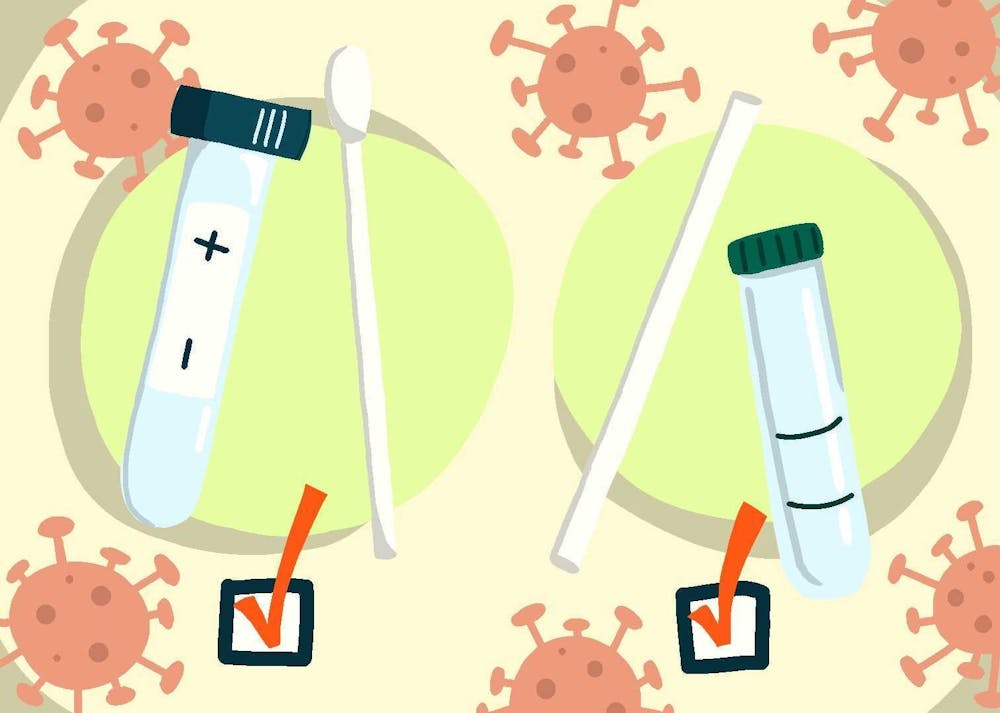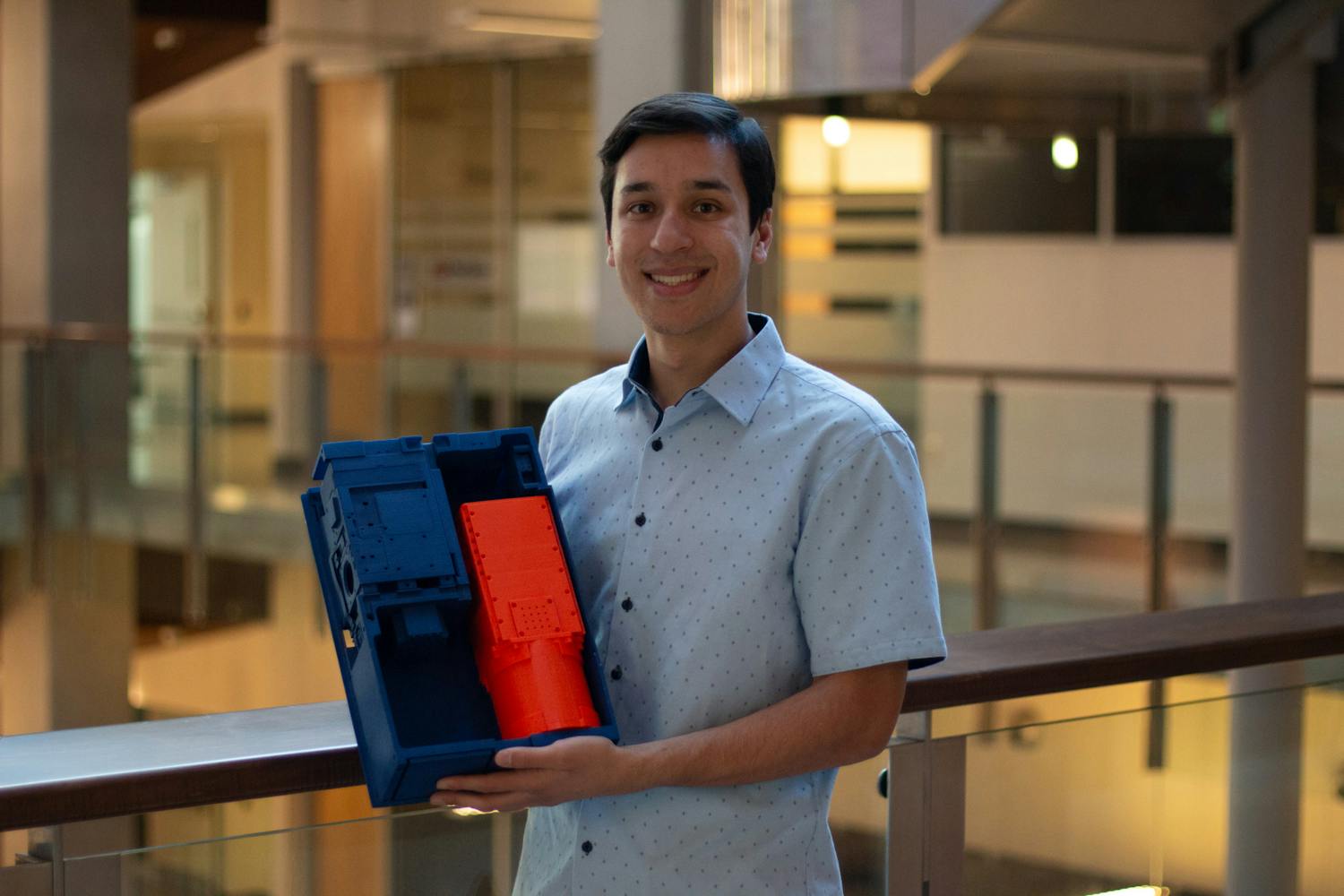ASU researchers have created Evidence Commons, a website of over 3,000 published works launched in September about COVID-19 testing to allow researchers to easily access the data and science behind coronavirus tests.
The Evidence Commons is the first and only website to have a comprehensive repository of published COVID-19 research focused on diagnostic testing and testing practices, according to the website.
"The Evidence Commons allows the scientific community to share its findings on disease testing research," said Mara Aspinall, a professor of practice at College of Health Solutions and principal investigator on the Evidence Commons Grant in an email.
"Evidence Commons provides unique 'one-stop' access to the diagnostic-related research critical to enhanced scientific collaboration and pandemic mitigation and prevention," Aspinall said.
Aspinall said testing is helpful as is, but research and the efficiency of the test data are harder to locate for medical professionals.
On the Evidence Commons website, there are charts that list different categories related to diagnostic testing. One of them is the sample collection location, which shows that predominantly tests were collected at medical facilities.
Vel Murugan, associate director of research and associate research professor at the Biodesign Institute, and Neal Woodbury, vice president and chief science and technology officer at the ASU Knowledge Enterprise, worked together on diagnostic testing for ASU students.
They said diagnostic testing at ASU is a huge process that is always changing due to the state of the pandemic.
“The state was supporting us to do a tremendous amount of work all over the state,” Woodbury said.
At the height of the pandemic, ASU held 20 different testing sites across Arizona that gave anyone who wanted a test an opportunity to take one. With the coronavirus slowing down, the government stopped funding the sites, so now ASU focuses on the Devils' drop-off, an on-campus coronavirus saliva testing option open to all students, faculty and staff.




